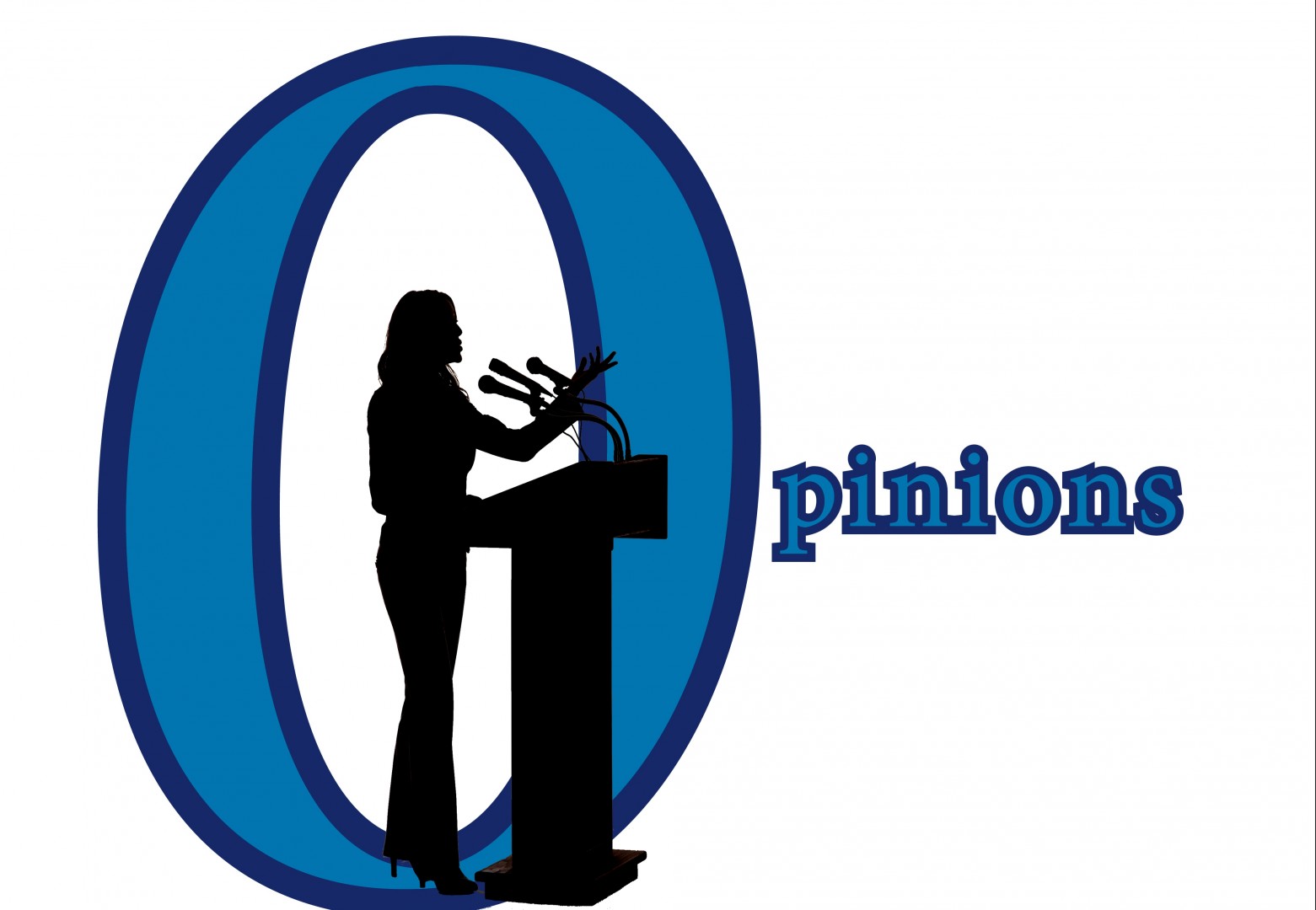The consequences of majoring in the liberal arts are numerous – the feeling of profound satisfaction in following your talents and the pleasure of studying a subject you’re passionate about constitute a couple of the primary perks. However, in a school filled to the brim with aspiring business people, policy makers, scientists and engineers, we can’t help but feel a vague sense of inadequacy.
Fields of study delving heavily into the abstract are deemed impractical, and students often think they are wasting their time and tuition dollars on “fluff,” which is nothing but a prevalent misnomer.
At least half of the people I encounter every day seem to be business gurus or math whizzes. When informing others of the choice to major in my true love, English literature, I am accustomed to a bemused stare preceding that tepidly posed query, phrased with more doubt than legitimate curiosity, “So … what exactly can you do with that?” Despite how many times I’ve heard the concern and in light of my affinity for words, I can never come up with a precise answer, as my plans are still unclear.
In any list of degrees perceived as useless by “the real world,” a hefty handful of liberal arts rests comfortably on top. Countless bumper stickers read: ”I majored in philosophy in college. Can I take your order?” or “I’m an English major, but would you like fries with that?”
With college itself being disparaged as a poor investment in this stagnant economy, humanities majors find themselves even lower on the totem pole when it comes to anticipating plenty of job prospects.
Nurses, engineers and math or science teachers are always in high demand, but even after internships and grad school, “fluff” majors can look forward to a dim light at the end of the tunnel. With this imposed mindset, we can’t help but be wary of competing in the workforce four years hence. Relegated to the bottom rung of the ladder, it’s daunting.
Here we are slaving over tomes ‘til the wee hours of the morning and spending the weekend writing papers, only to be branded as indolent daydreamers, idealists with our heads far up in the clouds.
If you commit yourself to a field of study of real value to you, you’re bound to perform better. It’s common knowledge that unless a student attaches personal meaning to something, they won’t remember it in the future.
Since our duty is to learn and the goal to achieve a solid GPA, majoring in what’s held near and dear to the heart will only help the mind synthesize information. Making the Dean’s List adds cachet to the resume, as a bonus.
But who’s to say certain majors really are sub-par?
The willingness to go out on a limb and persevere in this direction from the start indicates the independence needed to be a good leader. Most humanities majors are forced to read extensively, excel at writing and analyze difficult themes and concepts, all of which employers seek in an applicant, as well.
Inherent interest in the depth, the beauty and complexities of human nature show that we care about more than superficials like a paycheck and are likely to be loyal to a company. Honesty and ethical integrity are desperately desired in a modern career setting.
We also are highly in tune with rich cultural heritage, knowledge of which is a positive attribute since culture constitutes the lifeblood of a community.
We are comfortable with being team players, because oral discussion composes a large amount of the participation grade, and maintaining relationships proves a crucial aspect of office life.
We certainly aren’t deficient in the creativity department, which is critical in the brainstorming and problem-solving processes of any occupation.
These are just a few of the quality skills honed. Society may fool us into thinking a humanities major’s chances of getting a good job are limited in scope, when our options are broad enough to span the seven seas.
Who writes campaign speeches? Who creates advertising slogans, jingles and images? Who informs the public? Who educates the next generation?
All of these professions can be filled by people like us.
What some call fluff, I call the backbone of civilization. Variety is the spice of life, after all.
Job searches may end up being near impossible, despite my theory, but if anyone can turn a dream into a reality, it’s one of us. The difference between achieving a successful career and pursuing a meaningful vocation is at stake. I’d much rather be a starving artist than an office drone betraying my real passion.
In the meantime, we’ll meet like-minded individuals and enjoy ourselves along the way: I can’t think of a better way to spend four years.











